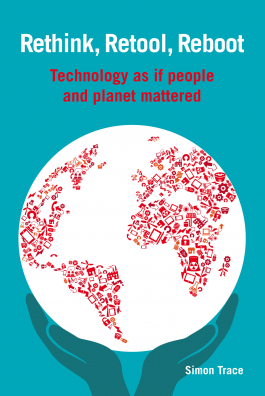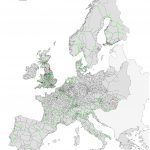“Combining wireless communication, intelligent controls and light emitting diodes (LEDs), smart lamps offer end-users features like colour tuning, dimming, changing lighting scenes, remote control, motion sensing control, daylight control and other features. But these features require energy even when the lamps are not providing light, but are instead waiting for a wireless instruction from a smartphone or remote control unit. Tests conducted on a limited number of smart wireless LED lamps reveal that these products can have substantial standby power use – which, depending on hours of use, can even be higher than the energy consumed when the light is switched on.”
“Domestic light sources… typically operate 1-2 hours per day. The smart lamps producing 200 to 1000 lumens of light tested in this project had an average standby energy consumption representing 51 % of the total daily energy consumption when these lamps are operated one hour per day. That corresponds to an overall efficacy of 9 to 51 lumens per watt, meaning some smart lamps had the equivalent performance of incandescent lamps [16 lumens per watt]. If the lamps are switched on for two hours per day, standby energy represented 35 % and the efficacy is approximately 16 to 64 lumens per watt, much lower than the non-smart LED lamps already on the market today.”
Read more: “Solid State Lighting Annex: Task 7: Smart Lighting — New Features Impacting Energy Consumption” (PDF). Summary. Picture: Lucid. Thanks to Noel Cass.









